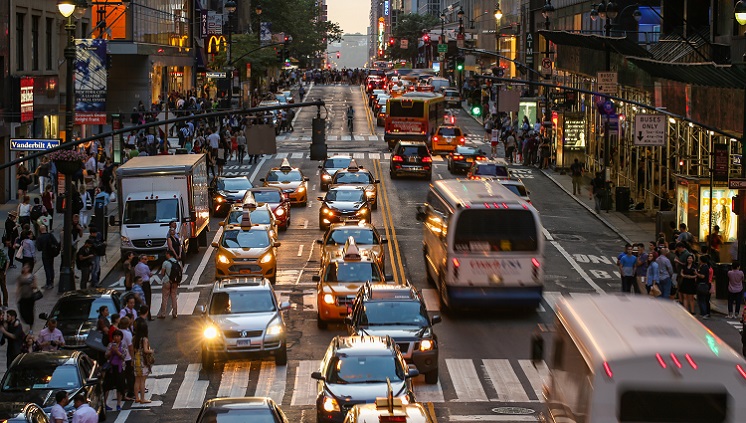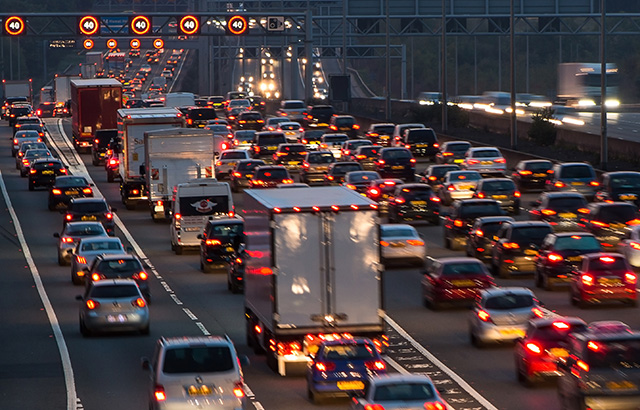
It’s going to be a year of noise in 2020. Sound has a huge impact on our daily lives. In one way or the other, the increasing population density of cities is causing an increase in noise pollution.
Life In Big Cities Is A Noisy Experience
However, you must first identify the noise levels and ascertain the impact it is having on your well-being. Workers of a major metropolitan area are used to hearing sound level of 80 decibels or more. Noise levels in Mumbai & London can reach 105 dB during the day, whereas in Tokyo & Chicago it is 94 dB at night. About 80% of European Union inhabitants believe that pollution has a substantial effect on the health in some way, according to the results of the survey (WHO, 2018). Traffic, public transportation, industrial and workplace premises, equipment, loud music, and technological devices all have an effect on people’s well-being.
Stress, worry, and hearing problems are all symptoms of noise pollution. High cholesterol and an increased risk of death can be caused by stress. We can become socially withdrawn and experience unpleasant emotions such as rage or unhappiness if we live in a large metropolis with continual noise. To put it another way, it’s critical that we learn how noise affects us and then take steps to minimize it.

When Sound Becomes A Nuisance
Noise pollution can have a severe impact on people’s health and our capacity to focus at work if we don’t take into account the varied levels of noise. The length and frequency of environmental noise must also be considered. As a result, even when it doesn’t seem that a sound is too loud at first, it might have an impact on one’s mood or mental state.
How much sound in decibels is damaging to our health on a daily basis? To begin, research have shown that noise levels greater than 80 dB generate hostile behaviour, while noise levels greater than 140 decibels cause physical pain. The sound of an ambulance sirens, for example, is 120 dB, but the sound of a bursting balloon is 154 dB. A hairdryer, an alarm clock, and even a city’s traffic are all regarded reasonably loud at around 90 decibels.
Noise Pollution May Be Reduced By What Means?
Not all forms of noise can be eliminated simultaneously. Noise management and reduction are best achieved with acoustic techniques like soundproofing and sound absorption. Designing buildings with low-noise elements and removing equipment that produces a lot of noise are among the recommendations made by the UK Workplace Safety & Health Authority. Soundproofing and decreasing noise levels can be considerably improved by employing Rockfon acoustic solutions.
- Enhance The Well-Being Of Others
- Boost The Output Of Workers
- Enhance The Educational Process
- Reduce The Time It Takes For Hospitalised Patients To Recover
Rockfon thinks that good acoustics may be paired with environmentally-friendly goods and creative aesthetics. ‘ As a result, there are numerous benefits to noise reduction. In order to create an environment where people can succeed, rest, and recover more quickly, we rely on high-quality acoustic solutions and the expertise of our specialists.